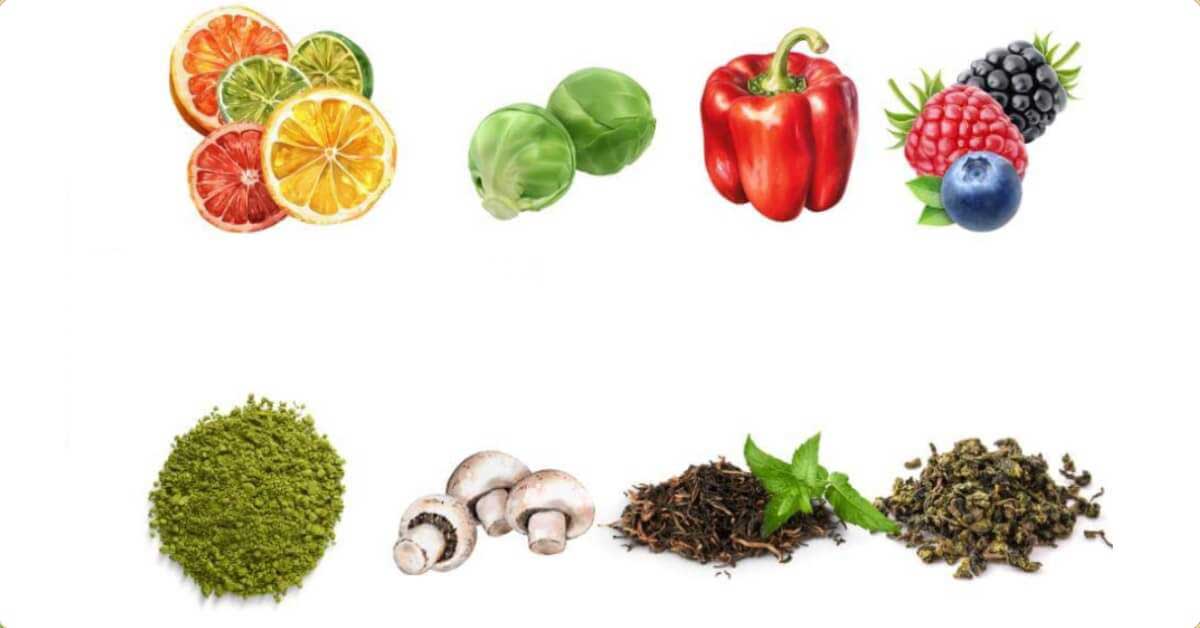Stress is ubiquitous in our lives, and how we manage it is crucial for our well-being, hormonal health, healthy weight, and longevity. Stress management can be a powerful tool for well-being, as high stress negatively affects our health. Among the many stress management strategies, one involves our diet. Do stress-reducing foods really exist? Let’s explore how to manage stress through our diet and which foods can help reduce stress.
Our bodies react to all types of stress through the same mechanism, whether triggered by a real or imaginary event. Both acute and chronic stressors provoke a “fight or flight” response. Hormones are released, triggering several actions within seconds: rapid pumping of blood and oxygen to our cells, increased heart rate, and enhanced mental activity.
Stress-reducing foods can lower levels of cortisol and adrenaline, the stress hormones that harm the body over time. A healthy diet can help counter the effects of stress by strengthening the immune system and lowering blood pressure. Do you know which foods reduce stress?
What are the best stress-reducing foods?
Foods rich in Vitamin C: Studies show that vitamin C can curb stress hormone levels while boosting the immune system. In one study of people with high blood pressure, blood pressure and cortisol levels (stress hormone) returned to normal more quickly when they took vitamin C before a stressful task.
Foods rich in Magnesium: Too little magnesium can cause headaches and fatigue, exacerbating the effects of stress. Use pumpkin seeds and green vegetables.
L-theanine: Research shows that L-theanine supplements can increase levels of GABA, dopamine, and serotonin, promoting relaxation and reducing anxiety. A 2019 randomized study showed that healthy adults taking L-theanine for four weeks experienced a reduction in stress-related symptoms.
What else helps with stress?
In addition to changing your diet, one of the best strategies to combat stress is to start exercising. Aerobic exercises improve oxygen circulation and stimulate your body to produce feel-good hormones called endorphins. Try to do 30 minutes of aerobic exercise three to four times a week. If you’re currently inactive, inform your doctor that you intend to start exercising – they will support you and ensure you’re ready to get moving.
By incorporating stress-reducing foods into your diet and maintaining a regular exercise routine, you can effectively manage stress and improve your overall well-being. Remember, a balanced approach to nutrition and physical activity is key to combating the negative effects of stress on your body and mind.
Read this article: Why Healthy Food is Important?






0 Comments